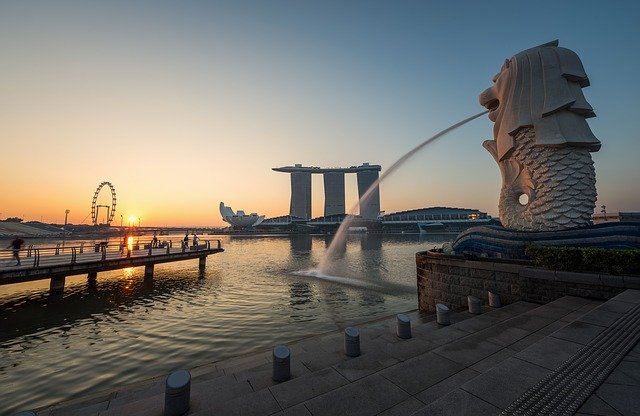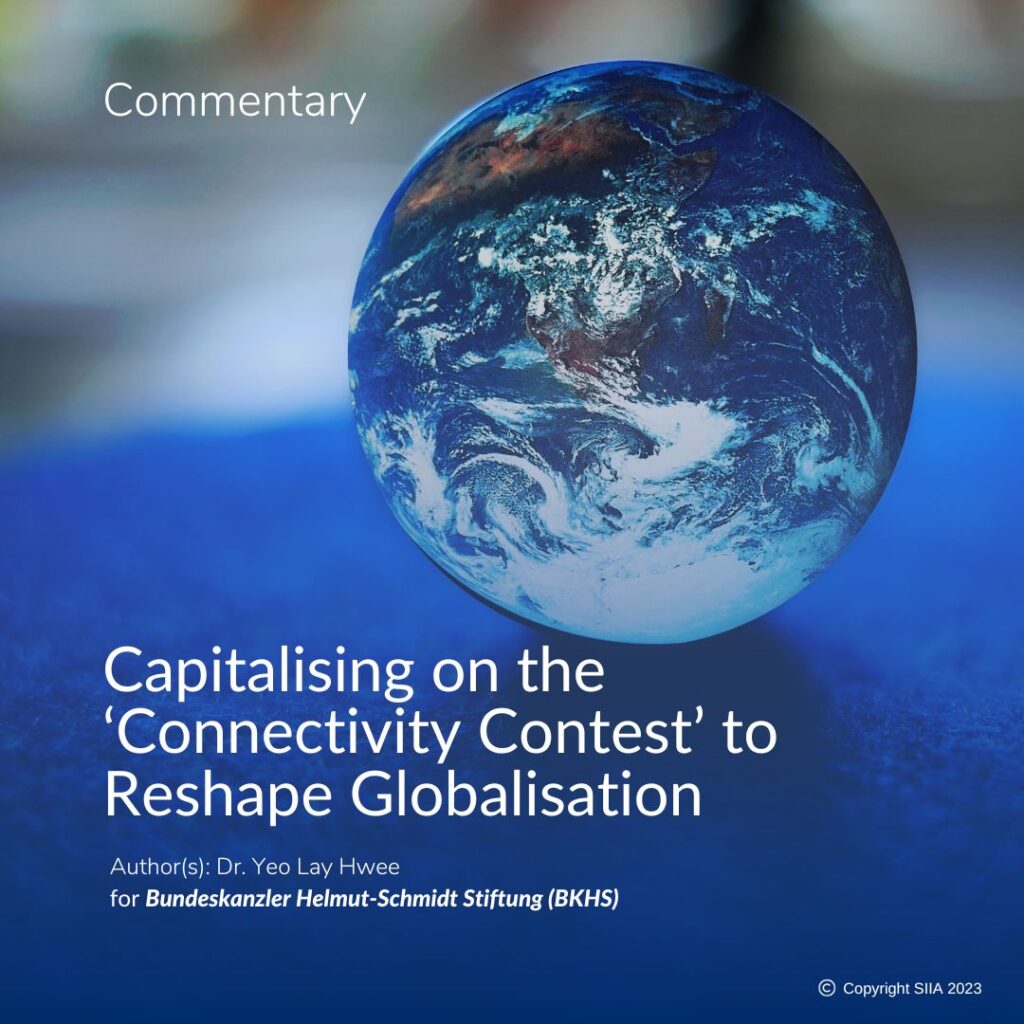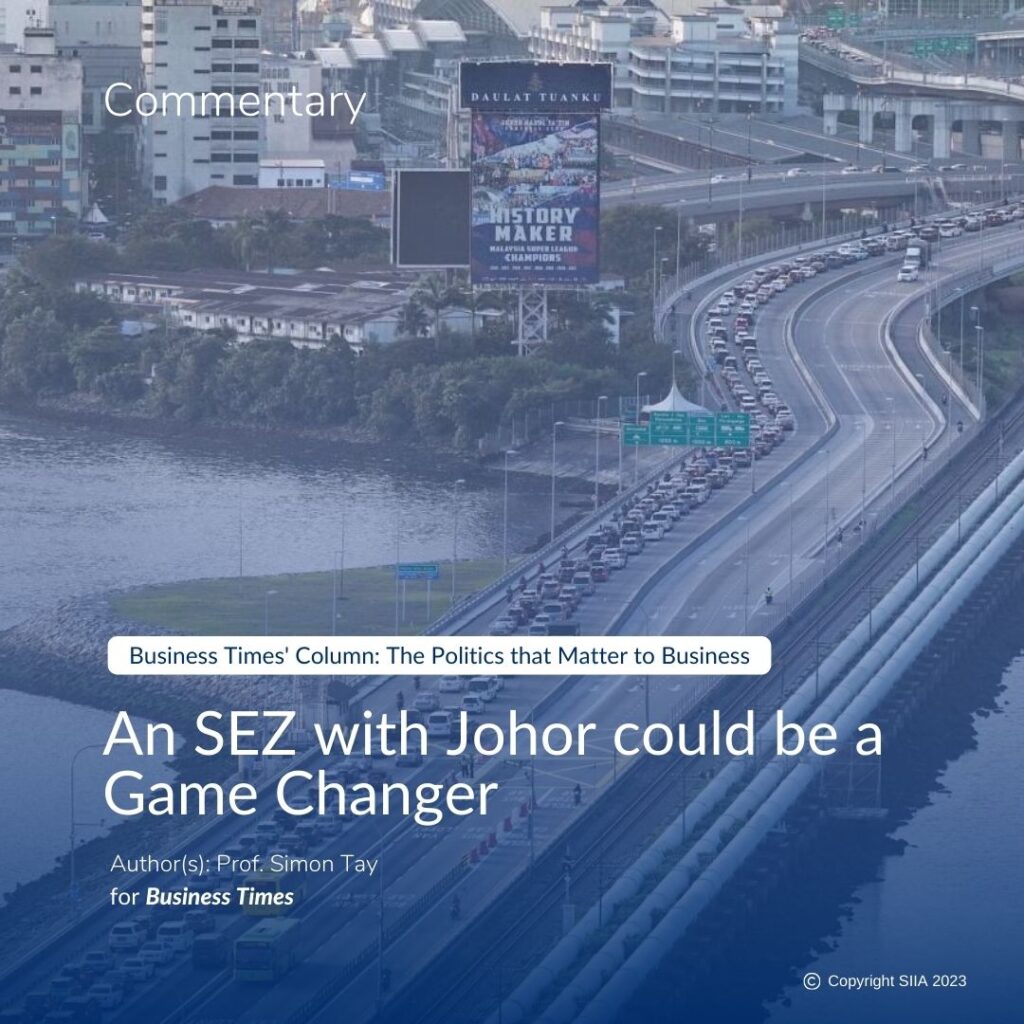By Simon Tay and Aaron Choo
For The Straits Times
Some may question the need to think about emerging stronger when Singapore is under a heightened regime of measures against the pandemic and many countries across the region are facing the worst circumstances since the first outbreak. Yet the Emerging Stronger Taskforce, supported by the Government and comprising industry representatives, has just released its public report with forward-looking recommendations, even as the pandemic continues.
From now into tomorrow
In the face of so many present challenges, there is a need to consider pathways to emerge stronger. This is not only a question about gazing into the future and faraway. Steps are already being taken to adapt to the changing circumstances, and these initiatives should be recognised and encouraged.
Take local food operators for instance. They suffered drastically in the circuit breaker and, again, will be impacted by the current measures that curtail dining in. Yet this time around, many more of them are ready to accept orders online or by SMS, and have arranged for delivery options. This transition is taking place not only among the big boys and upper-end establishments, but also includes hawkers and coffee shops.
This is but one example of how the online economy is becoming everyday and for everyone. Retailers and other sectors now realise that going online is no longer a choice but a necessity. The digital economy was given a significant boost by the pandemic, and can only grow bigger and broader.
A much larger transformation of our industries and supply chains can be supported with technology, combined with more resilient and reliable logistics to get physical goods to their final destinations, not just in Singapore but across the region and beyond. This is one of the implications of the task force’s recommendation that Singapore should be a “virtually unlimited” economy.
Connecting to the world
The task force has also said that Singapore should continue to be relevant as a hub for business, work and leisure, resuming travel safely through the use of technology. Some will protest that this flies in the face of current facts.
The World Economic Forum has just cancelled its much-touted plans to hold its annual meeting here. Attempts to establish travel bubbles, for instance with Hong Kong, have repeatedly collapsed. Some of the surge in current cases in Singapore can also be traced to Changi Airport and the harbour, precisely at the interconnections between Singapore and the world.
Yet there is truth in that Singapore has always gained from being open to the world and must again seek ways to do so, safely and securely. Indeed, there is a case to be made that being able to reopen can create an even greater premium for Singapore. To support this, there must of course be sufficient reserve capacity in our testing, tracing and treatment for COVID-19.
The potential role for Singapore goes beyond the pandemic. The ongoing Sino-American rivalry will have major repercussions for trade and supply chains, and may also fragment the digital economy.
If Singapore can be a vital node that cooperates with both great powers, as well as other major economies like the European Union and Japan, this would again multiply our current and future value proposition. In this context, the task force’s call for Singapore to resist the forces of anti-globalisation and protectionism by remaining open is correct.
There is a need to foster a reservoir of confidence, trust and goodwill among the people for Singapore to be open and serve as a hub. Understanding and buy-in from the public about the benefits will be necessary. If Singapore is to remain open, in good times and especially in these present trying circumstances, more must be convinced that this is our past, present and future role.
Greening the region
A third area to consider is Singapore’s steps forward on sustainability and climate action. The task force’s recommendation is that Singapore should establish itself as a carbon trading and services hub, including the development of a carbon market with the ancillary capacity for companies to measure, mitigate and offset their carbon footprints.
Take this in the context of the Green Plan detailed during Budget 2021, a landmark undertaking by five ministries and the Government as a whole. There is considerable momentum in R&D and green finance to support this effort and enable adoption by the private sector in Singapore.
Yet while the starting point is at the national level, Singapore’s capabilities in technology and finance will have greater positive impact and be more commercially attractive when we look across our region. Identifying and enabling regional opportunities sets the context for the task force’s recommendations for sustainability. Other initiatives that become more viable and impactful at a regional scale include energy transitions, the development of green infrastructure, and even nature-based solutions to carbon emissions and climate concerns. There are other and additional steps that may bear discussion, particularly on sustainability and Singapore’s regional engagements.
There is much else in the task force’s report that merits consideration and response, not only by the Government and corporations but also by workers and citizens.
When the Singapore Institute of International Affairs served as a knowledge partner for the task force, we were heartened that its co-chair, National Development Minister Desmond Lee, acknowledged that the task force does not have a “monopoly of ideas”, and that it hopes to tap “collective wisdom” in Singapore. This is the right frame to read the report – as an impetus to consider what is happening, and what could happen next, for the better.
The situation may be uncertain and tense for now, and discussion often huddles around urgent risks and immediate actions. Yet one clear lesson from times of crisis is the need to also anticipate what may come next. New realities and trends are already emerging amid the pandemic and will not wait for the tardy. Those who can respond quickly, and then evaluate and prepare for that emerging future, will be well placed to prosper.
- Simon Tay is chairman of the Singapore Institute of International Affairs, where Aaron Choo is senior assistant director. The SIIA served as a knowledge partner for the Emerging Stronger Taskforce.
Source: The Straits Times © Singapore Press Holdings Limited. Reprinted with permission




